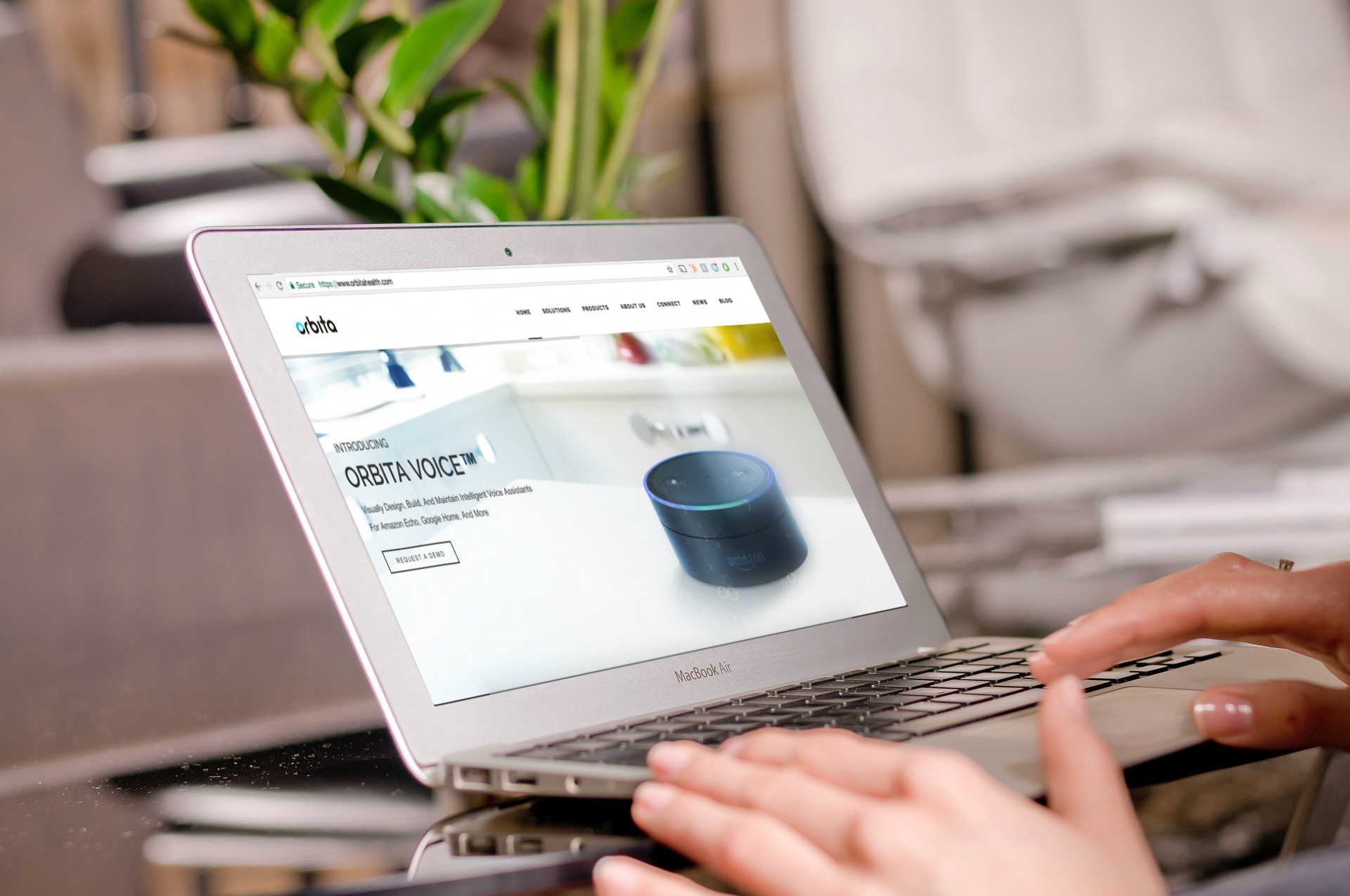
The Power of Voice Experiences for Elderly in Home Healthcare
It’s no secret that the US population is aging. According to the Population Research Bureau projections made in 2016, the number of Americans who are 65 and old will more than double by 2060. At the point, the proportion of elders will near 24%. As the population grows older, there’s increasing interest in assistive technologies that will enable the elderly to maintain good health, stay out of hospitals – and in their homes. One of the technologies that’s showing a good deal of promise is voice.
Voice experiences are growing in popularity
It’s been reported that, as of 2015, nearly two-thirds of smartphone users had some experience with a voice assistant. The number has surely increased since then. The most well-known voice assistants are:
Siri: Apple’s pioneering voice assistant works with iOS devices. Siri has been answering basic questions, making calls, sending messages, and giving directions since it was introduced in 2011.
Cortana: Cortana is to Microsoft what Siri is to Apple. Cortana works with Windows-based devices, as well as on Android. Cortana can be used to set reminders, and to answer questions (finding the information via Microsoft’s Bing search engine, of course)
Amazon Alexa/Amazon Echo: Amazon’s voice assistant is Alexa. While Alexa works on a range of devices. Like the other voice assistants, Alexa answers questions, etc. Amazon also offers Echo, a family of devices (not smartphones!) that Alexa runs on. Amazon offers a collection of APIs, tools, documentations, and code samples that simplify adding skills to Alexa’s repertoire.
Google Assistant/Google Home: Google has had voice search for a while, but in 2016 it brought Google Home to market. Like Amazon’s Echo, Home is a voice-activated speaker. You can both ask it questions, and tell it to do things, such as connect to smart home technology (Next, Smart Things, IFTTT, Phillips Hue)
There are a number of other voice assistants, as well.
Giving voice to the elderly
As more and more people gain familiarity with voice assistance for search, we will be seeing an increase in acceptance of, and an increase in the demand for, other applications. Healthcare for the elderly is certainly one of the application areas that will be impacted.
For the elderly, voice assistants are especially useful for those with vision problems, mobility issues, and dexterity challenges. Voice assistants can be used to help with many routine tasks. Someone with vision limitations can use a voice assistant to check on the weather, to determine if they have any messages, to find out what’s on their calendar for the week. Those with mobility issues can deploy a voice assistant to turn the lights on or off, or to summon an Uber. Those with dexterity challenges may find it difficult to use their TV remote to switch channels, order a movie, or lower or raise the volume. A voice assistant can help someone overcome these problems.
The voice experience for healthcare
There are many healthcare applications where voice assistants can provide tremendous benefits. They can be used to communicate with caregivers and medical providers, to report an emergency. In an article for TechTarget/SearchHealthIT, Reda Chouffani highlighted five healthcare application areas where voice assistants play a key role:
- Patient reminders at home: A virtual assistant can both notify someone that it’s time to take their medication, and can interact with them if there are questions or concerns.
- Data collection capabilities: Doctors and hospitals often find that they need to survey their patients when they’re in their homes. A voice-based approach is simpler to use than a paper or online survey.
- Integration with other applications: There is a vast and growing home healthcare ecosystem, with many different platforms and applications taking care of different tasks. A voice assistant can operate as the central point for interaction and a common interface for working with multiple apps
- Health assessments: There are many applications for monitoring vital signs and alerting medical personnel when something is awry. A voice assistant can be integrated here, interacting with a person to help assess their condition, make sure they understand if they are being directed to the ER, etc.
- Patient education: With a voice assistant, people can ask for help from an instruction manual or healthcare information library, or can ask the virtual assistant about symptoms they’re experiencing.
The list of possibilities for using voice technology for elder care in the home will continue to grow. Over time, we look to voice becoming the “universal remote control” – and a growing part of that universe relates to healthcare.
This is the first of two posts that take a close look at the use of voice technology for home healthcare. The second focuses on how voice assistant can improve outcomes. You can also learn more about this exciting development in our new white paper, Alexa, Can You Heal Me Now? Voice Assistant Technology and the Future of Home Healthcare.
